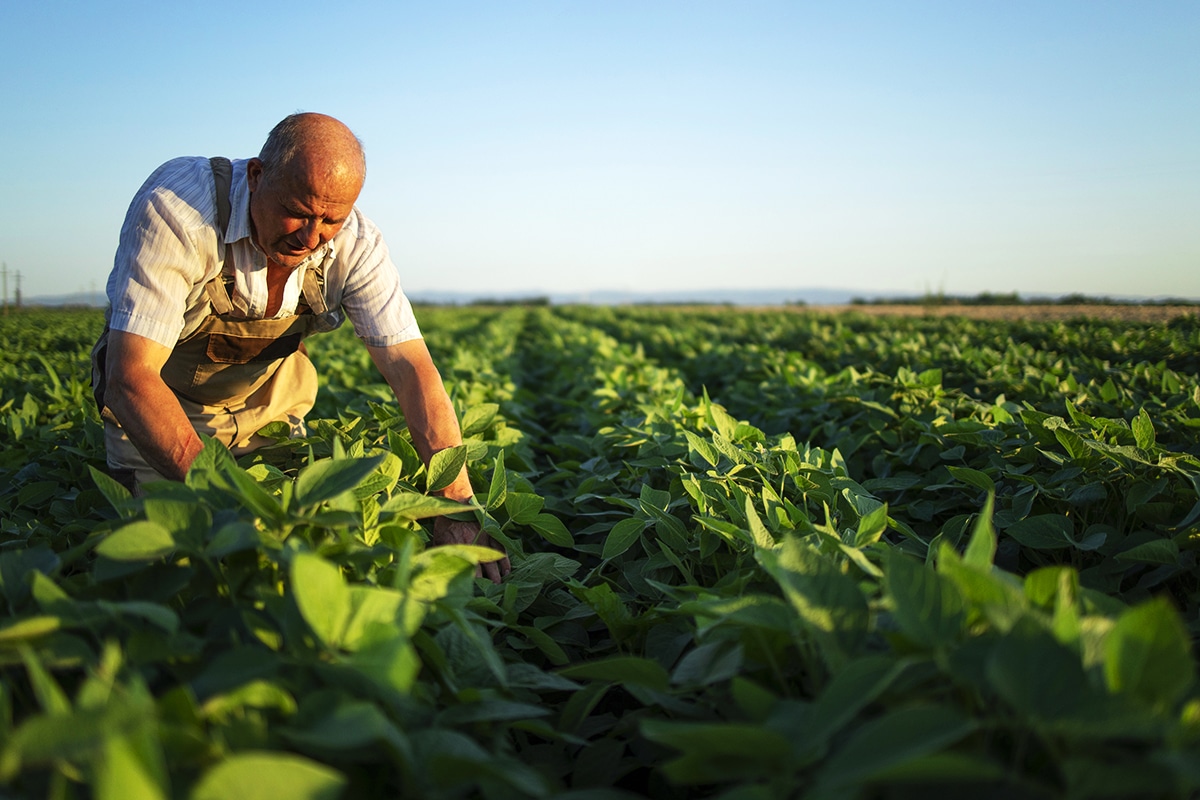As the global population continues to soar, ensuring food security becomes an increasingly pressing challenge. The conventional methods of food production are not only depleting the earth’s resources but also contributing to environmental degradation and climate change. In this dire situation, sustainable agriculture emerges as a beacon of hope, offering a practical solution to revolutionize food production. By embracing sustainable practices, we can not only safeguard our planet but also ensure a prosperous future for generations to come.
The Current State of Food Production
The current methods of food production rely heavily on chemical fertilizers, pesticides, and intensive farming techniques. While these practices may increase yields in the short term, they come with numerous detrimental effects. The excessive use of synthetic fertilizers and pesticides contaminates our soil, water bodies, and ultimately, our food. The widespread clearing of forests for agricultural purposes also contributes to deforestation, leading to habitat loss and biodiversity depletion. Moreover, intensive farming practices require substantial amounts of water, contributing to water scarcity in various regions.
Furthermore, traditional farming methods are predominantly dependent on non-renewable sources of energy and produce significant greenhouse gas emissions. These emissions contribute to global warming and climate change, further exacerbating the challenges faced in food production. It is evident that the existing model of agriculture is unsustainable and demands radical transformation.
The Promise of Sustainable Agriculture
Sustainable agriculture offers a holistic approach to food production, focusing on long-term environmental, economic, and social sustainability. By implementing sustainable practices, we can reduce our environmental footprint while ensuring an adequate and nutritious food supply for all. Sustainable agriculture encompasses a range of techniques and principles, including:
- Organic farming: This method eliminates the use of synthetic fertilizers, pesticides, and genetically modified organisms (GMOs), promoting natural soil fertility and biodiversity.
- Agroforestry: Combining trees with crops or livestock not only enhances biodiversity but also provides additional income streams for farmers.
- Conservation agriculture: This approach emphasizes minimal soil disturbance and permanent soil cover, enhancing soil health and water retention capacity.
- Permaculture: Integrating agriculture and ecological design principles to create self-sustaining ecosystems, minimizing waste and resource consumption.
- Hydroponics and vertical farming: Utilizing innovative practices to grow plants in nutrient-rich solutions without soil and in vertically stacked systems, maximizing productivity in limited spaces.
By combining these methods and tailoring them to local conditions, sustainable agriculture has the potential to transform the way we produce food, ensuring a thriving planet and society.
The Benefits of Sustainable Agriculture
Sustainable agriculture offers a multitude of benefits that extend beyond environmental preservation. Here are some key advantages:
Preserving Ecosystems:
One of the primary benefits of sustainable agriculture is the conservation of ecosystems and biodiversity. By nurturing natural habitats and promoting diverse farming practices, sustainable agriculture helps prevent habitat loss and preserves the balance of delicate ecosystems. This, in turn, allows wildlife to thrive, protecting numerous species from endangerment or extinction.
Enhancing Soil Health:
Sustainable farming practices focus on building and maintaining healthy soil. By avoiding harmful chemicals and implementing techniques such as cover cropping and crop rotation, soil erosion and degradation can be minimized. Healthy soil ensures optimal plant growth, nutrient retention, and carbon sequestration, supporting long-term agricultural productivity.
Protecting Water Resources:
Unlike conventional agriculture, sustainable farming methods prioritize water conservation and quality. Techniques like rainwater harvesting, efficient irrigation systems, and watershed management help minimize water usage and prevent contamination of water bodies through the reduction of chemical runoff. This approach ensures the long-term availability of clean water for both agricultural needs and human consumption.
Enhancing Food Security:
Sustainable agriculture cultivates a diverse range of crops and focuses on locally adapted varieties. This diversification contributes to a more resilient food system, less susceptible to pests, diseases, and climate change impacts. By promoting agroecology and empowering small-scale farmers, sustainable agriculture also ensures equitable access to food and fair income distribution within local communities.
Combatting Climate Change:
Sustainable farming practices serve as a powerful tool in mitigating climate change. By sequestering carbon in the soil and reducing greenhouse gas emissions from agricultural activities, sustainable agriculture helps to offset the sector’s contribution to global warming. Additionally, adopting renewable energy sources and adopting energy-efficient technologies further reduces emissions associated with agricultural production.
Taking Action: Tips for Individuals and Communities
While the transformation of the entire food production system requires concerted efforts from governments, businesses, and individuals, there are steps we can all take to contribute to this revolution. Here are some tips to get started:
- Support local farmers and purchase sustainably grown produce whenever possible.
- Reduce food waste by planning meals, composting organic waste, and repurposing leftovers.
- Grow your own food using sustainable practices such as organic gardening or small-scale hydroponics.
- Advocate for sustainable agriculture in your community by engaging with local policymakers and supporting initiatives promoting sustainable farming.
- Spread awareness about the benefits of sustainable agriculture through education and social media platforms.
Summary
Sustainable agriculture presents an opportunity to revolutionize food production in the face of numerous environmental and social challenges. By embracing organic farming, agroforestry, conservation agriculture, permaculture, and innovative techniques like hydroponics, we can transform the way we grow and consume food. The benefits are extensive, ranging from preserving ecosystems and enhancing soil health to protecting water resources and mitigating climate change. However, the onus is on governments, businesses, and individuals to support and implement sustainable agricultural practices. By taking action, we can unleash the power of sustainable agriculture and pave the way for a more prosperous and food-secure future.


